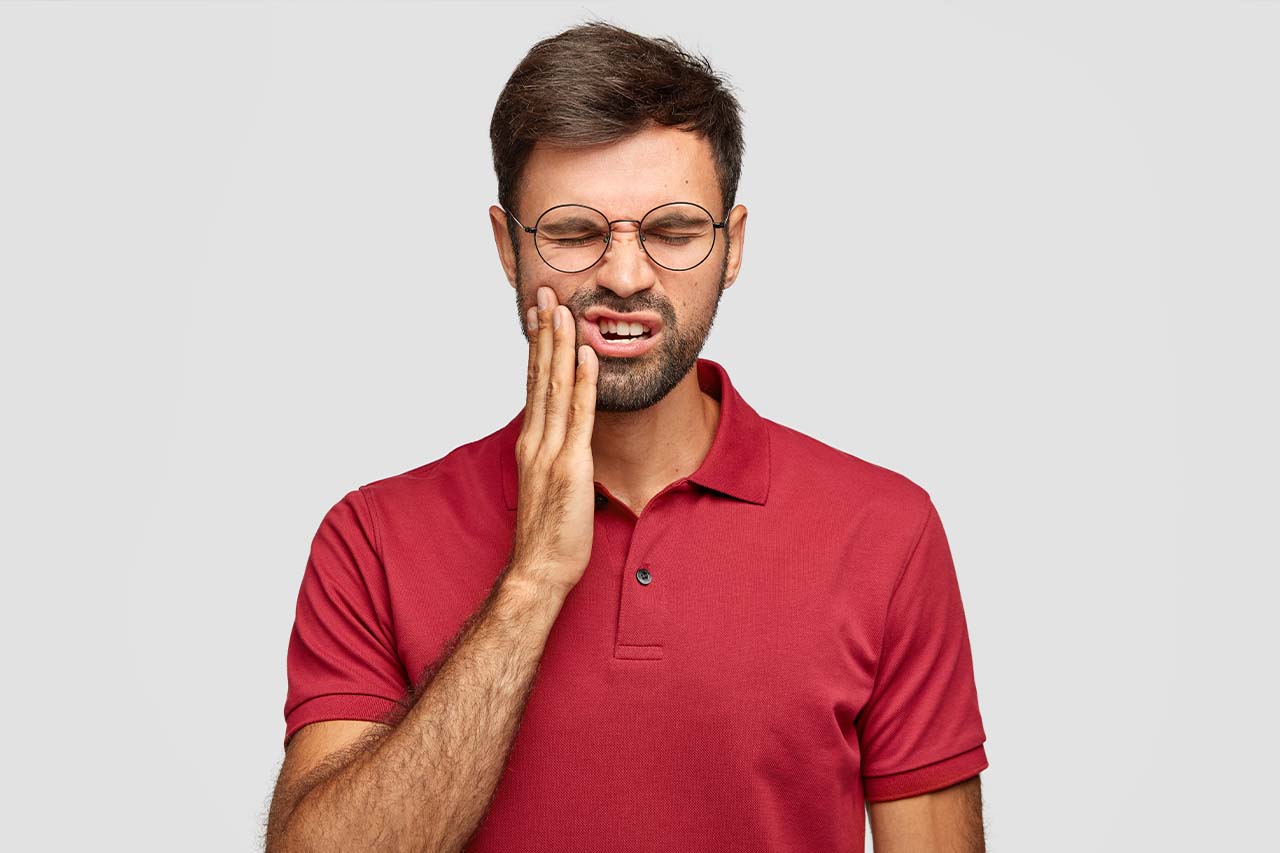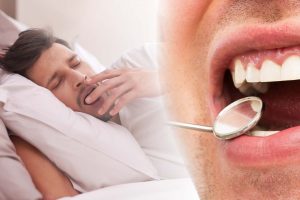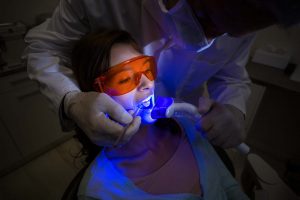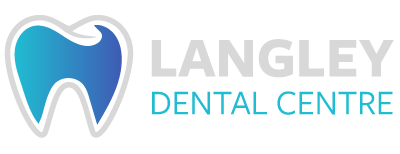Here are some key points highlighting the significance of dental injury prevention:
Protecting Your Teeth
Dental injuries can lead to various problems, including tooth fractures, avulsion (knocked-out teeth), and damage to the soft tissues of the mouth. By taking preventive measures, such as wearing mouthguards and appropriate protective gear, you can minimize the risk of dental injuries and protect your teeth from potential damage.
Preserving Oral Function
Dental injuries can significantly impact oral function, making it difficult to eat, speak, or perform daily activities comfortably. Preventing dental injuries helps maintain the proper functioning of your teeth, allowing you to enjoy uninterrupted oral function and carry out your activities without discomfort or limitations.
Maintaining Aesthetic Appeal
Dental injuries can have aesthetic consequences, affecting the appearance of your smile. Fractured or missing teeth can impact self-confidence and self-esteem. By preventing dental injuries, you can preserve the natural beauty of your smile, ensuring a positive impact on your overall appearance and sense of self.
Avoiding Pain and Discomfort
Dental injuries often result in pain and discomfort, which can range from mild to severe, depending on the nature and extent of the injury. By preventing dental injuries, you can minimize the likelihood of experiencing dental pain and discomfort, leading to a better quality of life.
Cost-Effectiveness
Prevention is always better than treatment, especially when it comes to dental injuries. Investing in preventive measures, such as custom-fitted mouthguards and proper protective gear, is far more cost-effective than undergoing extensive dental treatments to address the consequences of dental injuries.
Long-Term Oral Health
By prioritizing dental injury prevention, you contribute to your teeth and gums’ long-term health and well-being. Preventing dental injuries helps maintain the integrity of your teeth, reducing the risk of future dental problems and the need for extensive dental interventions.
Peace of Mind
Engaging in sports and physical activities without the constant worry of dental injuries provides peace of mind. By taking the necessary precautions and following preventive strategies, you can focus on enjoying your activities and giving your best performance.
Some Common Dental Injuries
Participating in sports and physical activities comes with a certain level of risk, including the potential for dental injuries. Understanding the common dental injuries associated with sports and physical activities is crucial for taking preventive measures and seeking appropriate treatment. Here are some common dental injuries that can occur:
Tooth Fractures
Tooth fractures are a prevalent dental injury among athletes. They can range from minor cracks on the tooth surface to more severe fractures that extend into the tooth root. Sports that involve contact or high impact, such as football, basketball, or martial arts, increase the risk of tooth fractures.
Tooth Avulsion
Tooth avulsion refers to the complete displacement of a tooth from its socket due to a strong impact or trauma. It is a severe dental injury that requires immediate attention. Contact sports like hockey, rugby, or boxing, as well as activities with a high risk of falls, can lead to tooth avulsion.
Soft Tissue Injuries
Sports-related injuries can also affect the soft tissues of the mouth, including the lips, cheeks, tongue, and gums. Biting the lips or cheeks, lacerations, and bruising are common soft tissue injuries that can occur during physical activities.
Jaw Fractures
Although less common, jaw fractures can occur in high-impact sports or activities that involve a risk of facial trauma, such as motor racing or extreme sports. Jaw fractures require immediate medical attention and often involve oral and maxillofacial surgery for repair.
Tooth Displacement
Tooth displacement refers to the movement of a tooth from its original position within the dental arch. It can include tooth intrusion (tooth pushed into the gum), extrusion (tooth partially pushed out of the socket), or lateral displacement (tooth shifted sideways). Traumatic incidents during sports can lead to tooth displacement.
Dental Luxation
Dental luxation occurs when a tooth is partially pushed out of its socket, causing it to become loose. It can be classified as extrusive luxation (tooth partially pushed out of the socket), lateral luxation (tooth shifted sideways), or intrusive luxation (tooth pushed into the gum). Sports with a high risk of facial impact can result in dental luxation.
Root Fractures
Root fractures involve a break in the tooth root, typically caused by a direct blow to the mouth. They may not be immediately visible, but symptoms such as pain and sensitivity may be present. Root fractures require professional dental evaluation and treatment.
Enjoying Sports with a Healthy Smile
Sports and physical activities play a vital role in maintaining a healthy lifestyle, but protecting your smile while being active is important. Taking care of your oral health during sports helps prevent dental injuries and ensures that you can continue enjoying your favorite activities with confidence. Here are some key tips for enjoying sports with a healthy smile:
Wear a Mouthguard
One of the most effective ways to protect your teeth during sports is by wearing a mouthguard. Custom-fitted mouthguards provide the best protection as they are specifically designed to fit your teeth and mouth structure. They act as a cushion, absorbing the impact of blows and reducing the risk of tooth fractures, avulsions, and other dental injuries.
Use Face Shields and Helmets
In sports that involve a higher risk of facial or head injuries, such as football, hockey, or biking, it’s essential to wear appropriate face shields and helmets. These protective gears provide an additional layer of defense against potential impacts, safeguarding your teeth, jaw, and facial structures.
Practice Good Oral Hygiene
Maintaining good oral hygiene is crucial for strong teeth and gums, regardless of your level of physical activity. Brushing your teeth at least twice a day, flossing daily, and using fluoride toothpaste help keep your teeth clean, plaque-free, and less susceptible to tooth decay and gum disease. Remember to brush your teeth before and after sports activities to remove any food particles or debris.
Stay Hydrated
Drinking plenty of water is not only essential for overall health but also beneficial for your oral health during sports. Water helps wash away bacteria and reduce the acidity in your mouth, preventing tooth decay and dry mouth. Avoid sugary sports drinks that can increase the risk of tooth decay and opt for water instead.
Be Mindful of Your Surroundings
Being aware of your surroundings while playing sports is crucial for avoiding accidents and injuries. Pay attention to potential hazards, such as hard surfaces, equipment, or other players, and take necessary precautions to prevent collisions that may harm your teeth or jaw.
Maintain Regular Dental Check-ups
Regular dental check-ups are essential for maintaining a healthy smile, especially for individuals who are active in sports. Your dentist can assess your oral health, identify any early signs of dental issues, and provide appropriate treatment or preventive measures. They can also offer guidance on sports-specific oral health concerns and advise you on the best practices to protect your teeth during activities.
Avoid Bad Habits
Certain habits, such as chewing on ice, biting nails, or using your teeth as tools, can increase the risk of dental injuries. Avoid these habits to protect your teeth from unnecessary stress and potential damage.






